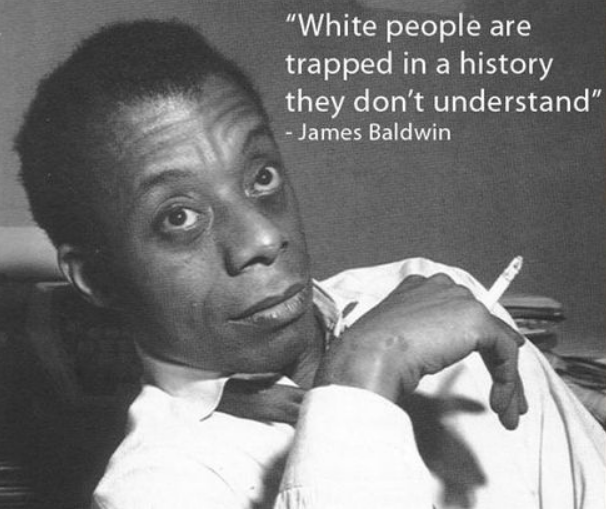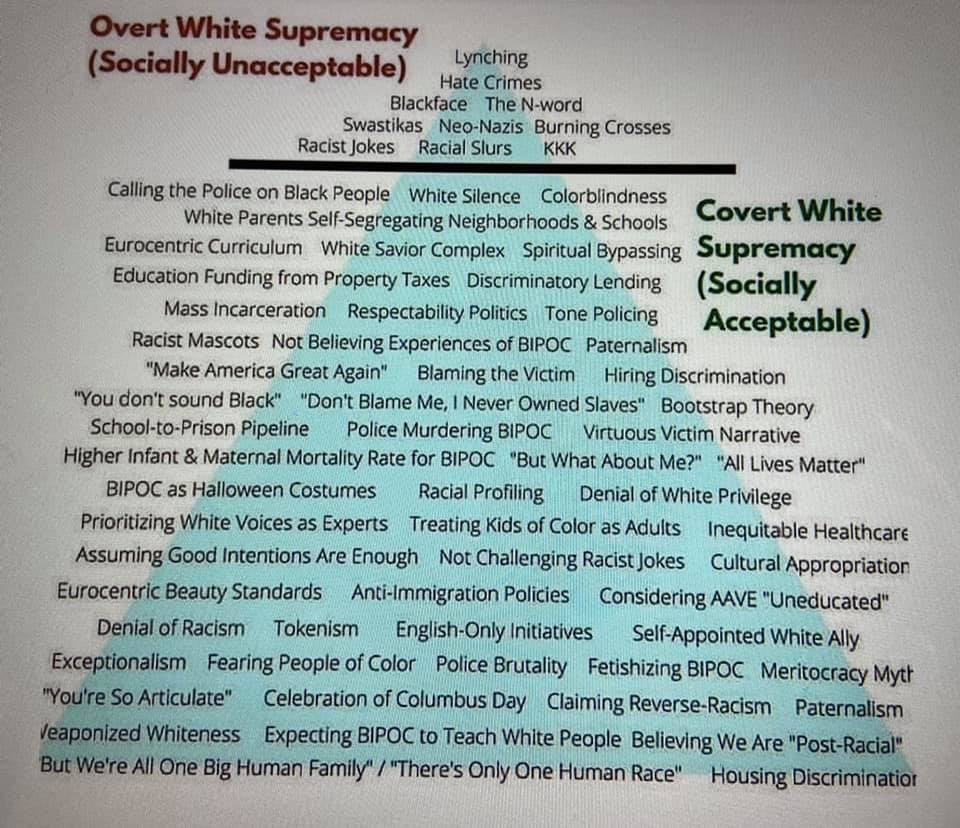In 2002, I founded the Insight Garden Program (IGP) at San Quentin – with the vision to bring gardens into prisons, transforming lives through connection to nature.
I’ve always felt comfortable working in “difficult places” with diverse people. I was actually proud of that. Come to find out my “pride” was a misguided construct and one that smacked of white privilege. But I didn’t really grasp this concept until I shifted from the program’s founder and volunteer to Executive Director 13 years later.
As I evolved into my leadership role as ED, staff were adamant that we hire more people representative of the systems impacted people with whom we worked — since the majority of people incarcerated are Black, Indigenous & People of Color (BIPOC).
Although diversifying our organization made sense, I initially felt huge internal resistance and intense discomfort in acknowledging my own biases, white privilege and what I later realized to be my complicit participation in a profoundly racist system.
It wasn’t until I watched the documentary “13th” (about the 13 amendment and its deliberate design to incarcerate People of Color) that I realized the more I learned about the system and the foundation upon which it is based, the less I knew. This was a humbling experience, and the beginning of a transformational one as well.
When presented with Tema Okun’s work, “Characteristics of White Dominant Culture and Something Different’ (in organizations), I realized that as a white leader, I had to let go of the way I thought things should be. Perfectionism. Transactional vs. Relational. Defensiveness. Skeptical Management. Although we’d made some huge strides in diversity and inclusion, so many of the characteristics I thought appropriate for leaders were actually characteristics of white leaders.
Becoming more inclusive and diverse meant shifting my leadership style from “me” to “we” – a foundational principle of our curriculum and one of IGP’s core values. I began to step back, listen, and create space for the voices of our staff and program participants to be heard. Creating that space was critical to our organizational evolution.
As my blind spots began to open, I realized IGP wasn’t “my thing” anymore – it was a container for everyone involved. Honoring diversity and racial equity requires inclusive and horizontal organizational structures, culture and processes.
And then, with George Floyd’s murder and the racial justice movement shifting to front and center, I realized I’d completed what I’d set out to do. This beloved organization could sustain without me. It was, indeed, time for me to move forward differently in the world.
Post IGP, I’ve had a real opportunity to deeply explore my understanding of and contribution to our white dominant culture through Scene on Radio’s “Seeing White” podcast. It’s opened more windows to my soul and to new, uncomfortable depths of what it means to be white in America, my role in the racist systems within which we are entrenched, and how I can become a more effective ally to my BIPOC friends and colleagues.
This beginning journey into racial awareness has required an open heart, immense humility, a willingness to go deep, and to discover more blind spots hidden beneath the surface. It also has required curiosity, a suspense of self judgement, and hope. As people living in prison used to say, “You have to feel it to heal it.” Indeed.
Although I feel like I’ve barely scratched the knowledge beneath the tip of the iceberg, some of what I’ve learned includes:
More deeply understanding how white supremacy has shaped every institution around us and is rooted in the “founding” of this country. It’s really about resources and power. Race is a social construct, designed to keep these systems in place.
“Setting out to better see the water I’m swimming in” and in the process of swimming, I realize I have to let go of my white power and privilege.
In this journey, there is no going back. This is a lifelong process of unlearning and relearning.
“It is not necessary to accept things the way they are.” – Angela Davis
So this is a call to resistance and change. A call to anti-racism. We must do this work together. And I’m committed to lifelong learning and integrating this into every aspect of my consulting practice and how I show up in the world.


